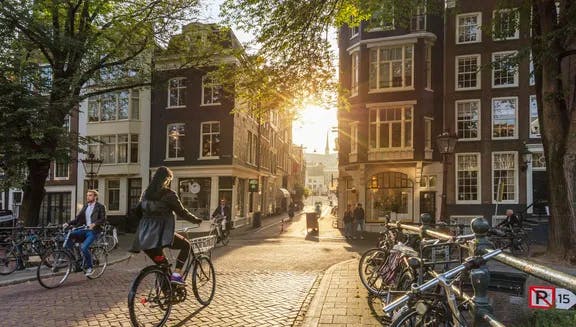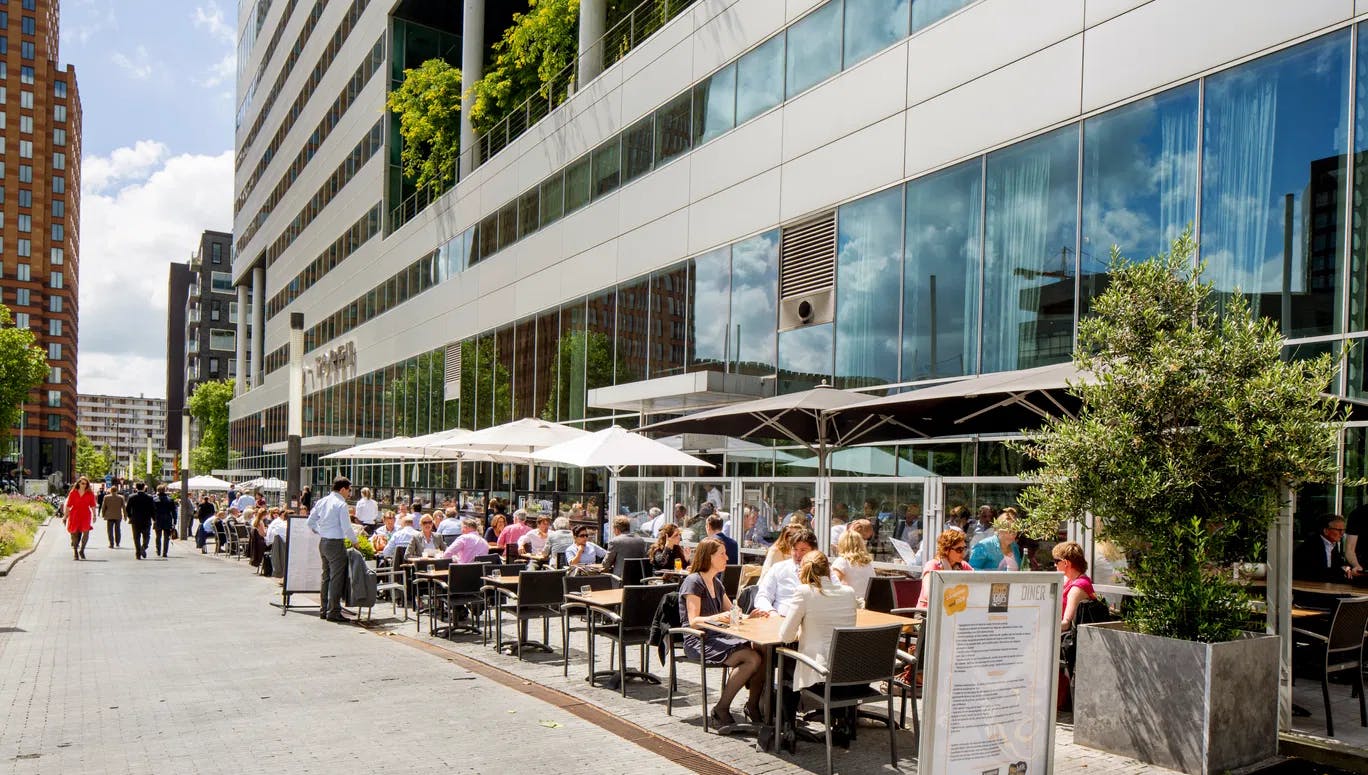
How much does it cost to move to and live in the Netherlands?
13 August 2024

In the Netherlands, payment is usually made in cash with euros or by debit card (pinpas) – a card that takes money directly from your (Dutch) bank account. Many places, including hotels, restaurants and bars accept credit cards, though most supermarkets only accept cash or debit cards. Cheques are not commonly used in the Netherlands. Banks offer package deals which include a variety of services and means of payment.
To open a bank account in person, take the following documents with you:
Digital banking platforms are increasingly popular in the Netherlands, as they allow customers to open an account without visiting a physical branch. Bunq (an IN Amsterdam partner) offers this service.
Most banks charge an annual fee dependent on the type of account and the method of payment you choose. Annual costs vary, with less expensive options in place for students. If you would like a credit card with your Dutch account, the bank charges additional costs.